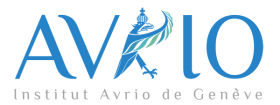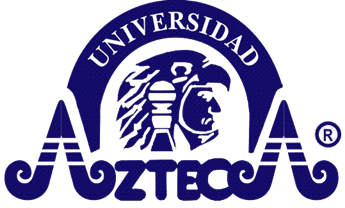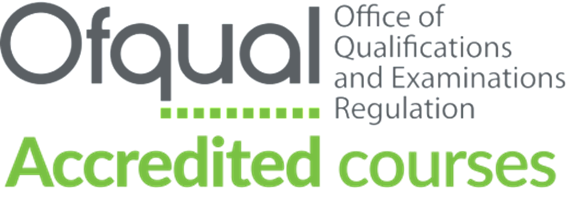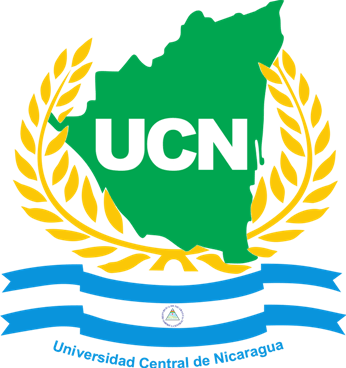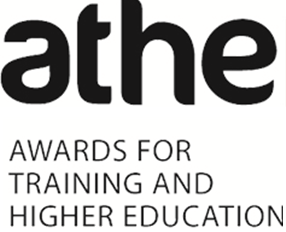Institut Avrio de Genève’s master’s in business IT is an online diploma that can offer the students an opportunity to learn the principles of IT management. Modern-day business trends are shifting more towards IT. Where technology has advanced, there has been an immense increase in the need for professionals who can and do Business and manage IT department.
Most of the students are unaware of the features of a good institute to get their distance MBA diploma. It does not matter which MBA diploma you are opting for. Avrio as an institute located in Geneva and its UK- Institution Partners are the best option for your master-level education in Business IT. These institutions have one of the finest MBA diploma curricula and the exposure that the students get is also good. Courses will include the likes of:
- Leadership & Cooperation
- Strategy & Organization
- Demand & Supply Management
- Digital Transformation & Entrepreneurship
This program aims at looking for solutions for the following problems and issues:
- What IT requirements must be covered?
- How to manage the IT department?
- What issues can come up with time?
- How to tackle these issues?
All these concepts are taught, explored, and analysed in this diploma.
Its scope is ever-growing. Companies and all sorts of industries always prefer those individuals for management posts who have the ability to understand and manage the IT department effectively. Your CV with an MBA in Business IT mentioned over it would get a higher preference for the jobs.
Students who complete their MBA in Business IT can apply for various posts related to IT management in various business firms. There is no limit to the posts that are available in this field. Students can utilize their knowledge and management skills to serve in top-ranked companies and start their own ventures too.
For those who want to pursue their career in business management and have a keen interest in I management would get a lot of benefit from this diploma. Companies around the world always value the MBA diploma of the Swiss quality system with British education (Curriculum). You could apply for the position of a financial analyst or an information systems manager.
